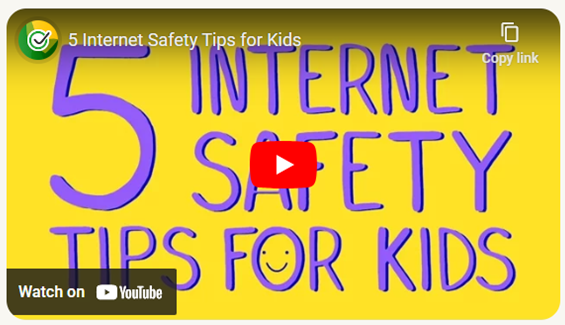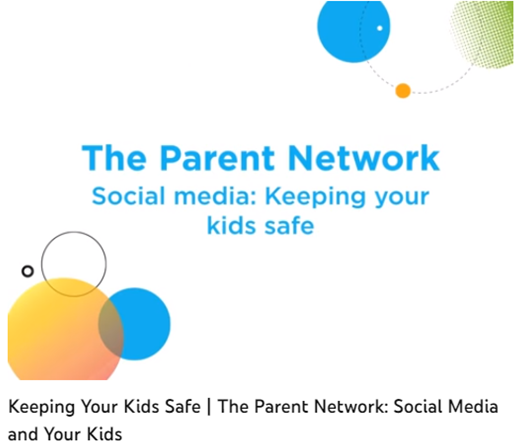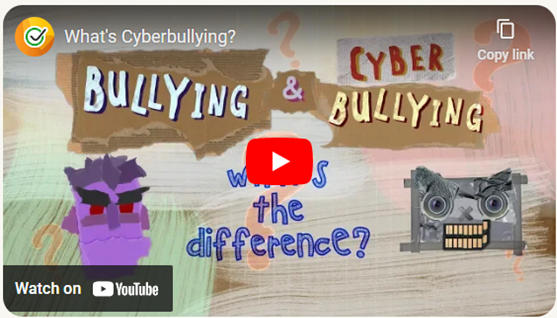e-safety
The internet is essential in 21st century life for education, business and social interaction. As children move up through the school their access to various types of technology increases and it stands to reason that their exploration and curiosity increases too. The positives of the digital world overwhelmingly outweigh the negatives but children, schools and parents all need to be aware of various online risks.
We at Crwys follow the SMART Rules:

If you would like to share any information or require any further support please do not hesitate to contact your child’s class teacher. Your help is still needed to prevent children accessing inappropriate material at home by way of filters and parental controls. Look below at our extensive list of links and resources for Parents/Carers, Teachers and Young People to help you with your child’s online safety at home.
When will your child learn about E-Safety?
At Crwys we learn and revisit our SMART rules through our IT lessons and during E-Safety week. E-Safety week allows your child's teacher the ability to protect and educate pupils in their use of technology. Here is a video telling you about sharing photos, posting comments, playing video games -- these are just a few of the ways that children interact online, but sometimes there are risks. Learn five ways to keep your kids safe on the internet.
https://www.youtube.com/watch?v=X9Htg8V3eik

Parental Controls Guide
Keeping children and young people safe online is one of the biggest challenges facing society today and it is all of our responsibility to ensure that children are educated to make positive, informed choices when they are online.

Cyber Bullying
Cyber bullying is any form of bullying which takes place online through smartphones, tablets or computers. To find out more watch the video below or visit the helpful website links.

Bullying UK - What is cyber bullying?
Useful Websites
For further information take a look at these helpful websites.
www.internetmatters.org
www.saferinternet.org.uk
www.thinkuknow.co.uk
www.childnet.com

